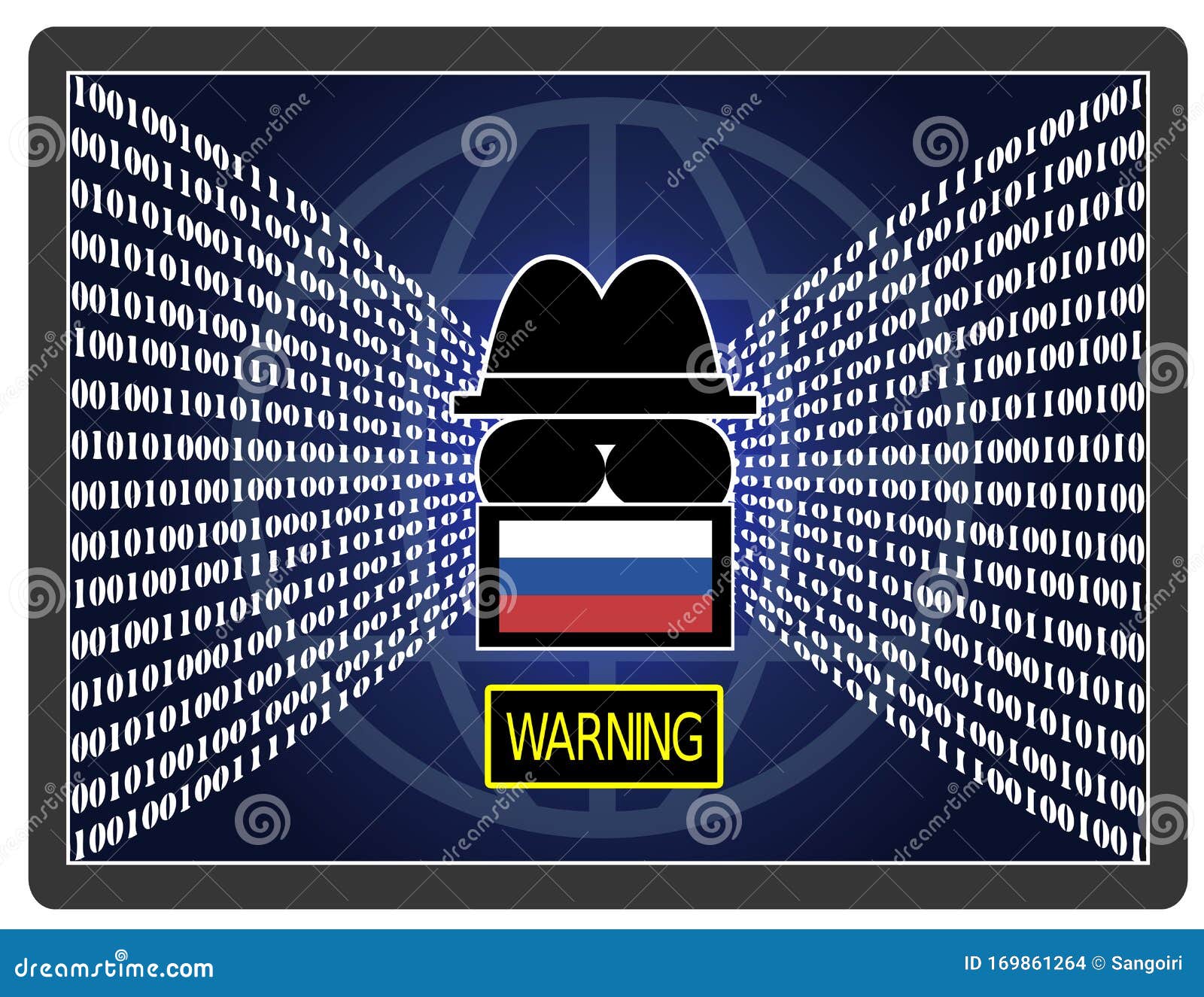

No treaty exists regulating the use of covert agents for the purposes of gathering intelligence.

Espionage during Peacetimeĭuring peacetime, the position of espionage is more ambiguous. As irregular agents that undertake covert operations, spies are considered unlawful combatants. IHL places great importance on transparency of the affiliation of combatants and the status of other participants in war. However, as with any war practice, it does not condone it either. International humanitarian law (IHL) does not declare espionage outright illegal. The legal status of wartime espionage, on the other hand, is less certain.
#DEFINITION OF ESPIONAGE TRIAL#
A spy captured during an espionage operation can be convicted for his or her acts – although convictions cannot be handed down without a prior, regular trial in accordance with basic rules of due process ( 2). Under treaty and customary humanitarian law, spies do not enjoy prisoner-of-war protection.

A ‘spy’ is an agent of one belligerent that gathers information of the opponent clandestinely, under false pretense or in disguise, with the intention to communicate it to the first belligerent ( 1). The legal effects of espionage are clear during wartime. As a result, the legal status of espionage is mired with uncertainty and ambiguity, as this article will show. It is a sensitive issue, normally measured against situational ethics or political convenience, rather than the yardstick of international law. The issue of espionage is an important aspect of international relations that is usually overlooked by legal literature. The Treaty Examiner, Issue 1 (April 2020), pp. *Founder of The Treaty Examiner and Moot coach at Universidad Francisco Marroquín (Guatemala).


 0 kommentar(er)
0 kommentar(er)
